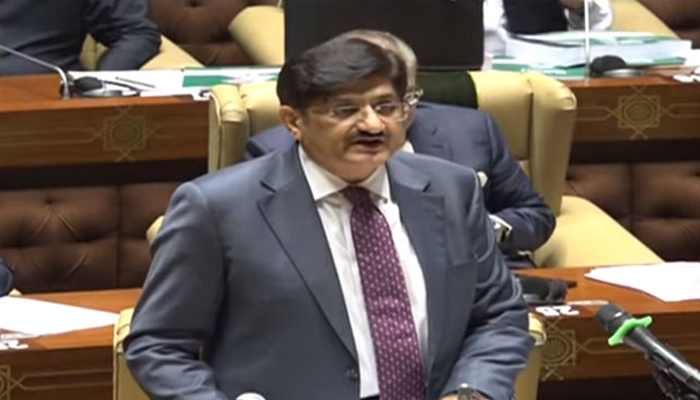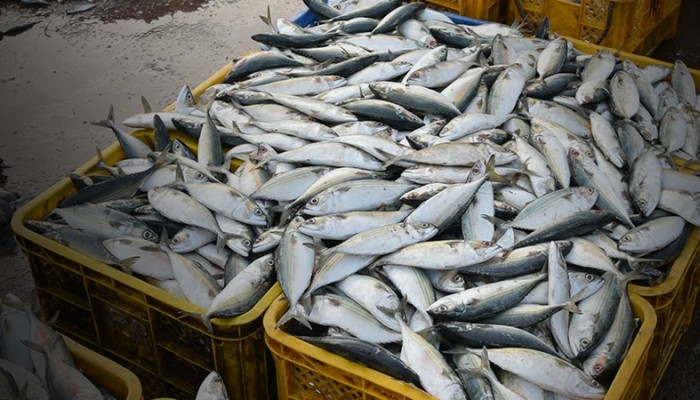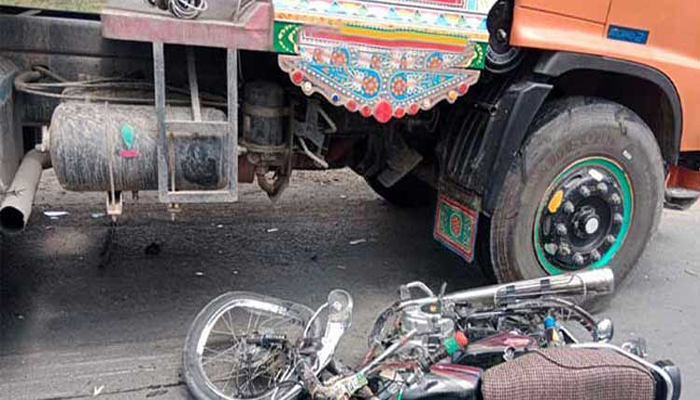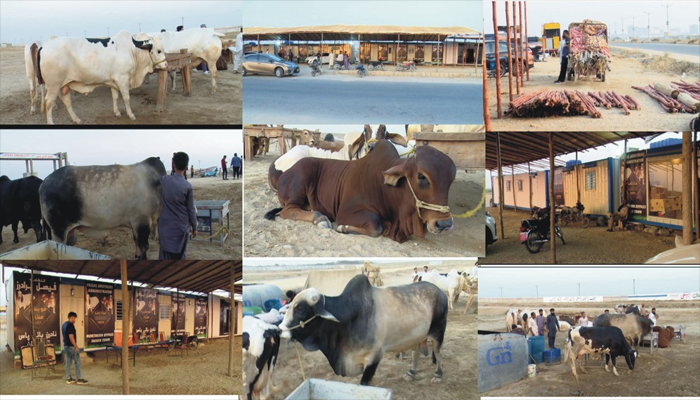KARACHI: The Sindh Assembly passed the Agriculture Income Tax Bill 2025 on Monday after it was approved by the provincial cabinet, chaired by Chief Minister Murad Ali Shah.
CM Shah highlighted that the bill was essential to prevent the country from defaulting, noting blunt warnings from the International Monetary Fund (IMF) that the country would not receive support unless the bill became law. He criticized the IMF for failing to understand the distinction between a landholder and a tiller, or "Hari," and expressed dissatisfaction with the Federal Board of Revenue (FBR), calling it a "hotbed of corruption." The chief minister emphasized that the Sindh Revenue Board (SRB) would handle the collection of the tax instead of the FBR, which had failed to meet its targets in the past.
The new law will be implemented from January 2025, with some key provisions. Agricultural income up to Rs150 million will be exempt from taxation, while income exceeding this threshold will be taxed progressively. Earnings between Rs150 million and Rs200 million will be taxed at 1%, and income above Rs500 million will face a 10% tax rate. The bill also includes provisions for adjustments in case of natural disasters affecting agriculture. However, livestock will not be included under the agriculture income tax.
Concerns were raised in the cabinet meeting about potential price increases for vegetables and essential grains like wheat and rice, following the introduction of this new tax, which could affect the cost of living for the general population.









